The difficulty of “pleasing” all member states has led to lengthy negotiations and “diluting” of EU sanctions against Russian energy.
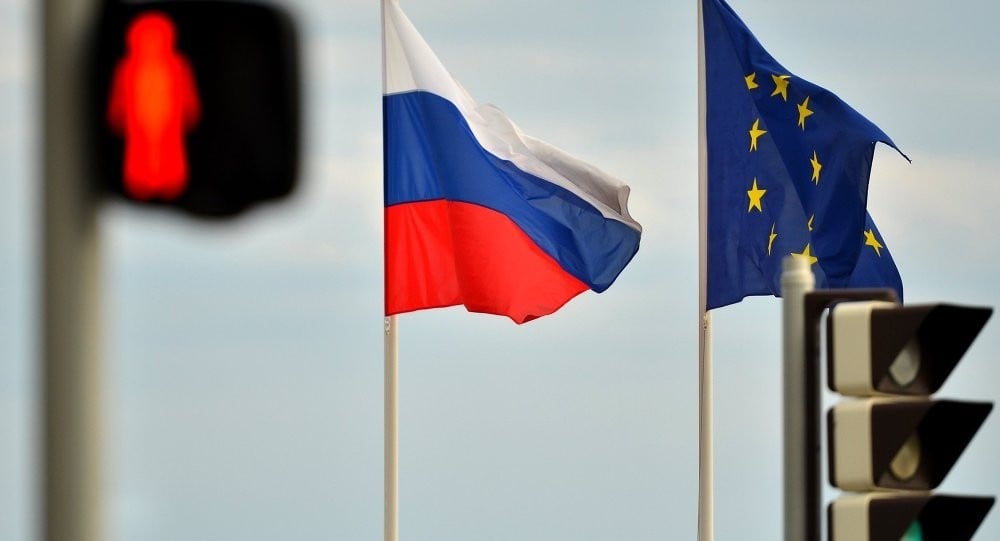 |
| The EU's implementation of Russian energy sanctions is progressing slowly. (Source: RIA Novosti) |
In a recent article in UK in a changing Europe , Dr. Francesca Batzella, senior lecturer in politics and international relations, University of Hertfordshire (UK) analyzed the development of the European Union (EU) energy sanctions against Russia.
While the EU is “slowly but surely” expanding its role, its ability to impose sanctions has been limited by the many energy policy priorities of member states, the expert stressed.
Deep divisions
Before the conflict in Ukraine (February 2022), the EU was heavily dependent on Russian fossil fuels. In 2020, the union imported 46.1% of its natural gas from Russia. However, the level of dependence varied across the EU, with some countries such as Lithuania, Slovakia and Hungary being more dependent than others.
The EU could still impose Russian energy sanctions, however, which would be significant and unprecedented.
However, the implementation of Moscow’s energy sanctions has been slow, with restrictions on coal, oil and most recently liquefied natural gas (LNG). Divisions among member states have led to lengthy negotiations and frequent “diluting” of the measures.
Looking back over the past two years, the rise of EU energy sanctions on Russia has been clear to all, with talks revealing divisions between member states on energy policy.
In the wake of the conflict, debate has focused on whether Russia should have been sanctioned in the first place. Countries such as Austria, Hungary and Italy have favoured more limited sanctions, while the Baltic and Central-Eastern European member states have favoured tough and immediate measures.
Another divide has emerged over which energy sources to target. While some countries, such as France, appear willing to consider sanctions on fossil fuel imports, others – such as Austria, Germany, Italy, Slovakia and those dependent on Russian energy – oppose sanctions on oil and coal imports.
Significant energy restrictions were finally agreed in the fifth package of sanctions (April 8, 2022), with a ban on the purchase, import or transport of coal and other solid fossil fuels into the EU if they originated in Russia or were exported from the country. During the negotiations, countries less dependent on Moscow’s coal pushed for an immediate ban, while those more dependent demanded a longer transition period.
Some EU leaders have called for sanctions on oil and gas at this stage, with European Commission President von der Leyen and European Council President Charles Michel arguing that further measures on fossil fuels will be needed “sooner or later”.
But there remains division among member states, with those more dependent on Russian fossil fuels such as Hungary, Germany and Austria firmly opposed while France, Italy, Poland and the Baltic states push for further sanctions.
Intense negotiations continued and energy sanctions were agreed in the sixth package (June 3, 2022) with a partial oil embargo. Once again, there was a dividing line between countries calling for an immediate oil embargo and those opposed. This time, additional factors emerged.
Landlocked countries such as Slovakia and the Czech Republic have expressed concern because they rely on Russian oil transported via pipelines and have no access to alternative sources. Greece, Cyprus and Malta are concerned that banning EU services to transport Russian oil would hurt their commercial interests.
To address these concerns, the European Commission has presented an “adjustment proposal” to Hungary, Slovakia and the Czech Republic by giving them more time to prepare for the change in energy supply and helping to upgrade their oil infrastructure.
A partial embargo covering oil and petroleum products but allowing a temporary exemption for crude oil transported via pipelines was eventually agreed upon. A transition period was also put in place to address concerns raised by Greece, Malta and Cyprus.
Although some member states have called for sanctions on gas and nuclear energy, further sanctions including a price cap were only introduced in the eighth package (October 5, 2022). This price cap allows European operators to ship Russian oil to third countries, provided that the price of oil remains within a predetermined price cap.
Again, Greece, Cyprus and Malta expressed concerns that the measure would harm their economies by making their businesses dependent on other countries. Ultimately, the EU had to make some concessions in the package to address these concerns.
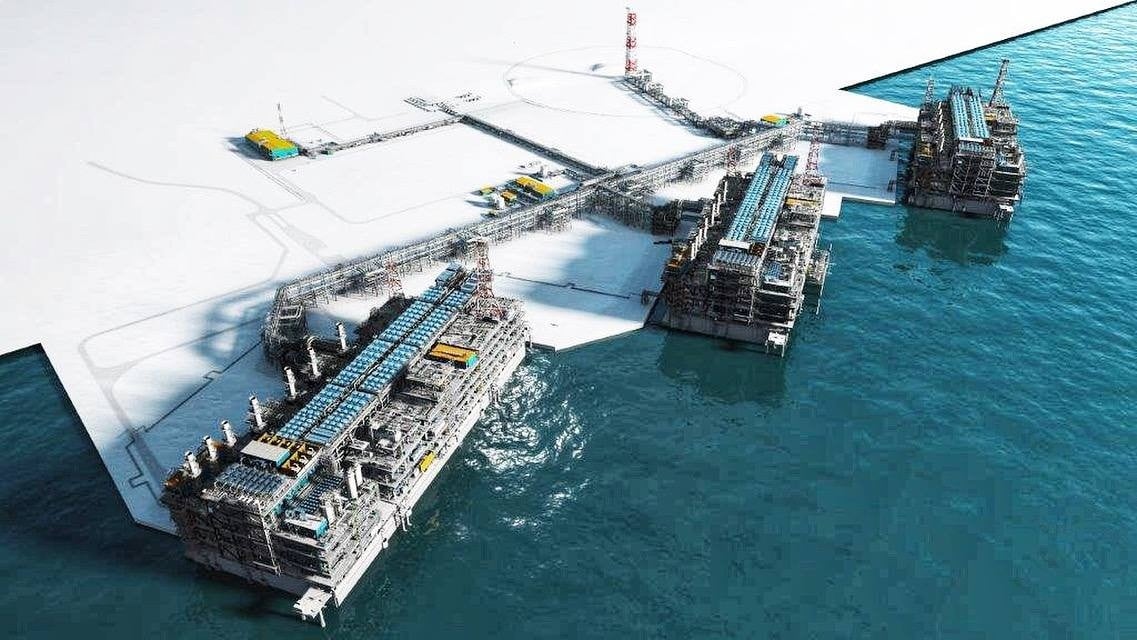 |
| LNG 2 project in Russia's Arctic. (Source: TASS) |
Slow and limited effect
Two years after the conflict in Ukraine, EU energy sanctions on Russia have been slow to be implemented. Moreover, they are limited and target only a few products. And until recently, the sanctions have ignored gas – Russia’s strategic commodity and the most important for EU energy.
It was not until June 2024 that some of the Russian LNG sanctions were officially included in the 14th package of sanctions. Accordingly, the sanctions banned Russian LNG refueling services in the EU. Like many measures against other energy sources, this is not a complete embargo.
Instead, the EU banned Russian gas exporters from using union ports to transfer gas between large tankers and smaller vessels destined for third countries, but stopped short of an outright ban on bloc countries buying the fuel.
Hungary and Germany have been in a blocking minority in the negotiations, with Berlin opposing the so-called “Russia-free clause” that would ban EU companies’ subsidiaries in third countries from re-exporting goods to Russia.
The slow and incremental negotiations show that the EU is gradually emerging as a capable player in imposing sanctions. “Slow” because of internal constraints among member states, and “sure” with 14 sanctions packages passed since the conflict in Ukraine broke out.
The EU has implemented 14 packages of sanctions against Russia, including measures targeting the country's energy sector. However, the sanctions packages are said to have not achieved the desired effect.
According to data released by the World Bank (WB) last July, Russia has become the world's fourth largest economy in terms of purchasing power parity (PPP). Previously, President Vladimir Putin announced that the Russian economy is growing and becoming the largest economy in Europe. In April, the International Monetary Fund (IMF) also predicted that the Russian economy will grow faster than all developed economies in 2024.
Russia's GDP is forecast by the World Bank to grow by 3.2%, surpassing the expected growth rates of the US, UK, Germany and France. Despite 14 sanctions packages of unprecedented scale from the West, the Russian economy is still showing its strength.
According to analysts, the embargo and price cap policy only caused the flow of Russian energy to change direction, from the West to the East. Russian oil and gas revenue in the first half of this year increased by more than 40% compared to the same period last year, reaching more than 65 billion USD.
Clearly, the EU’s ability to impose sanctions on Russia has been severely hampered by the multiple energy policy priorities that prevail across member states, which has led to lengthy and fraught negotiations and insufficient sanctions.
Source: https://baoquocte.vn/european-central-development-leash-on-russia-energy-is-truly-cham-ma-chac-nen-kinh-te-xu-bach-duong-tren-da-chiem-vi-tri-so-1-chau-au-283521.html


![[Photo] General Secretary To Lam attends the 8th Congress of the Central Public Security Party Committee](https://vphoto.vietnam.vn/thumb/1200x675/vietnam/resource/IMAGE/2025/10/4/79fadf490f674dc483794f2d955f6045)
![[Photo] Solemn opening of the 8th Congress of the Central Public Security Party Committee, term 2025-2030](https://vphoto.vietnam.vn/thumb/1200x675/vietnam/resource/IMAGE/2025/10/4/f3b00fb779f44979809441a4dac5c7df)
![[Photo] Bustling Mid-Autumn Festival at the Museum of Ethnology](https://vphoto.vietnam.vn/thumb/1200x675/vietnam/resource/IMAGE/2025/10/4/da8d5927734d4ca58e3eced14bc435a3)



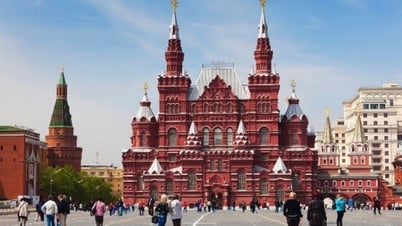
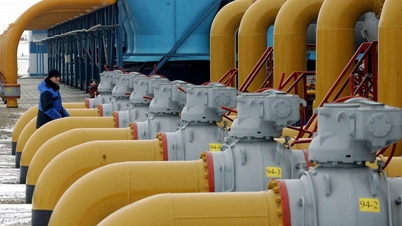

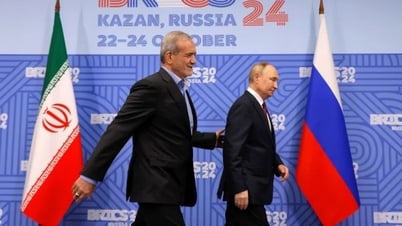

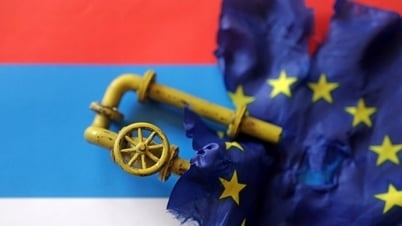

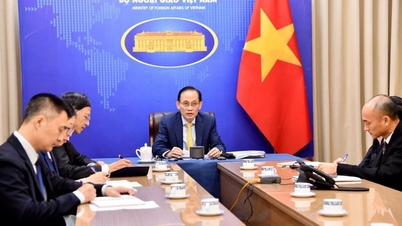


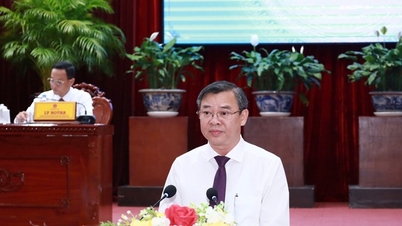
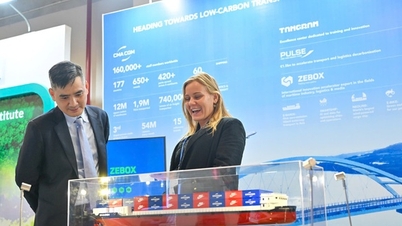
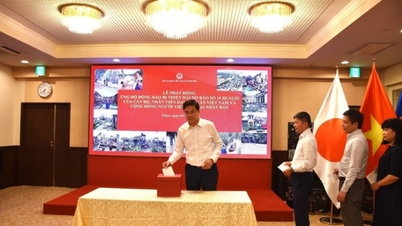






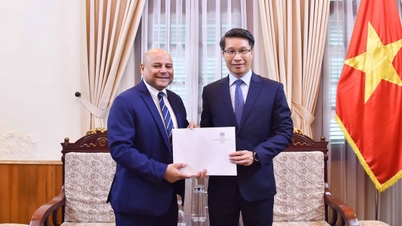
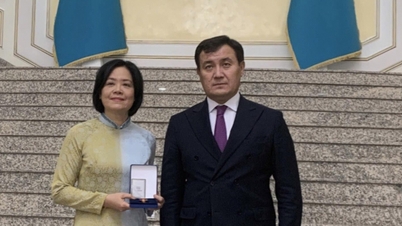
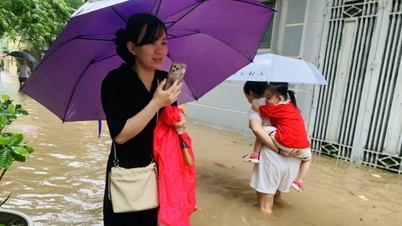
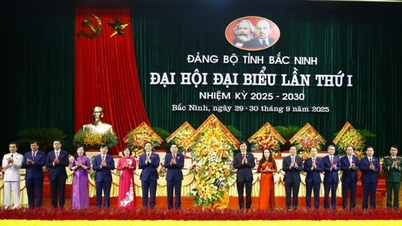
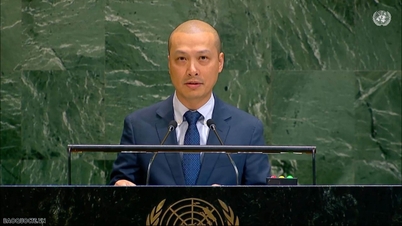
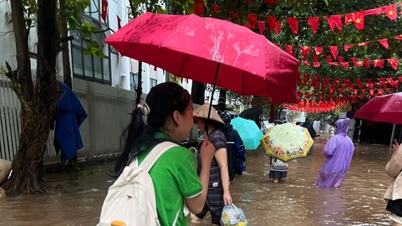



























![[VIDEO] Summary of Petrovietnam's 50th Anniversary Ceremony](https://vphoto.vietnam.vn/thumb/402x226/vietnam/resource/IMAGE/2025/10/4/abe133bdb8114793a16d4fe3e5bd0f12)

![[VIDEO] GENERAL SECRETARY TO LAM AWARDS PETROVIETNAM 8 GOLDEN WORDS: "PIONEER - EXCELLENT - SUSTAINABLE - GLOBAL"](https://vphoto.vietnam.vn/thumb/402x226/vietnam/resource/IMAGE/2025/7/23/c2fdb48863e846cfa9fb8e6ea9cf44e7)















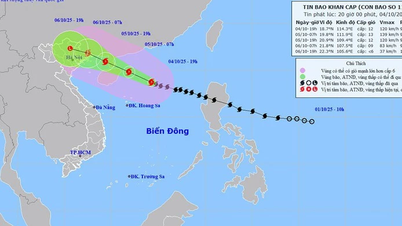

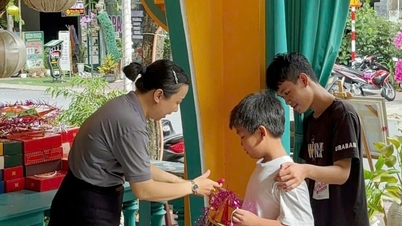















Comment (0)